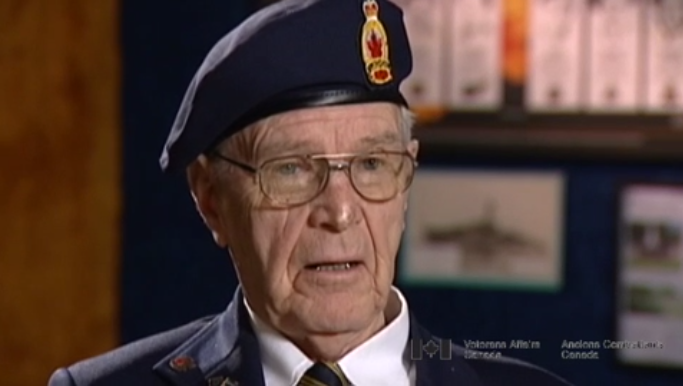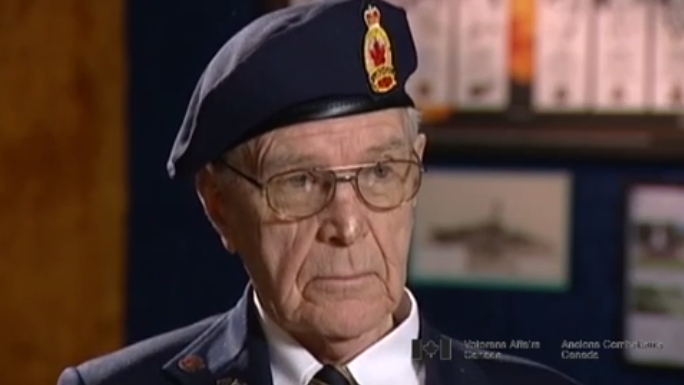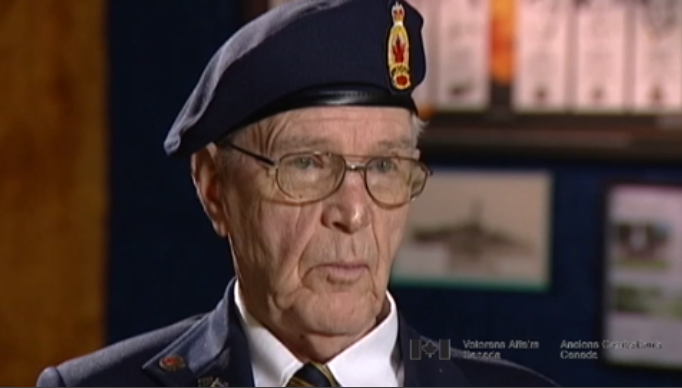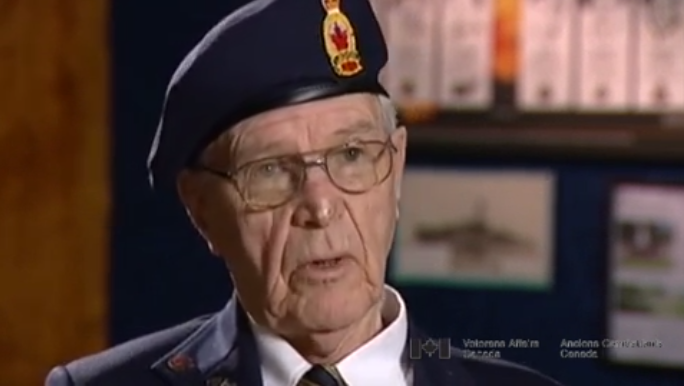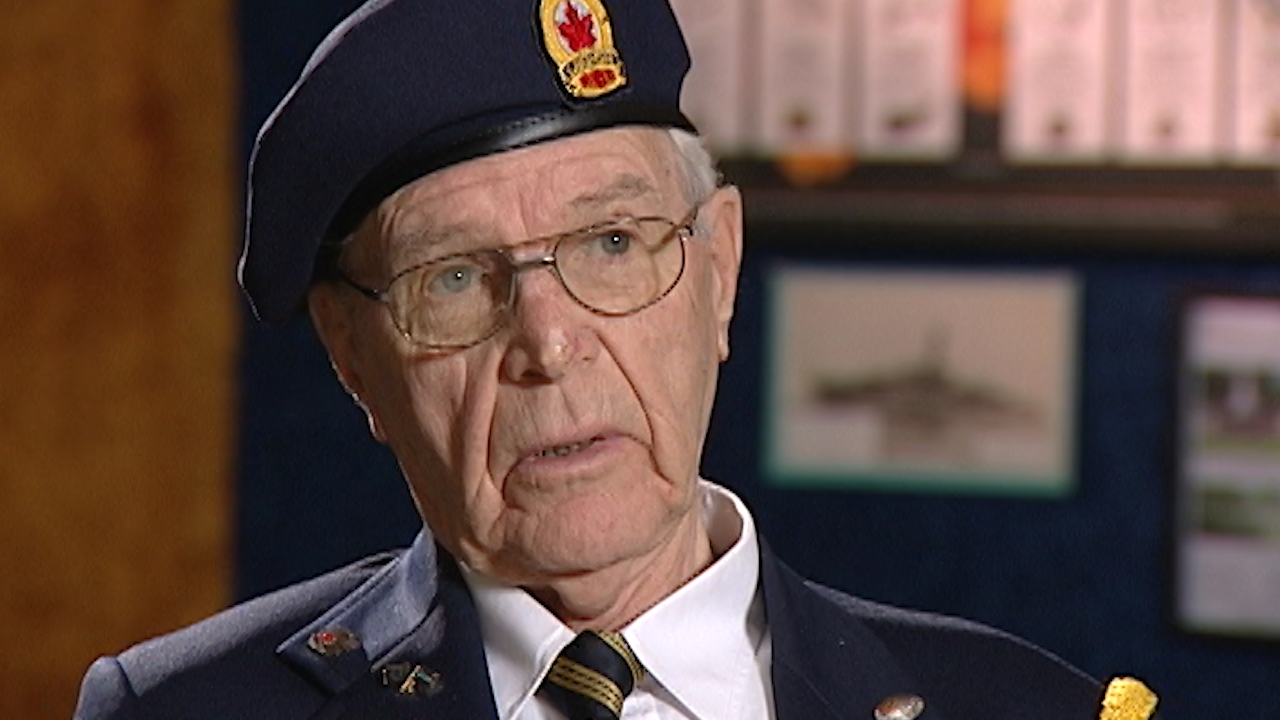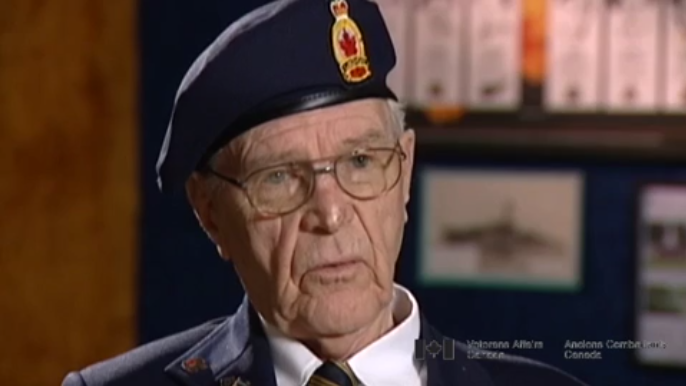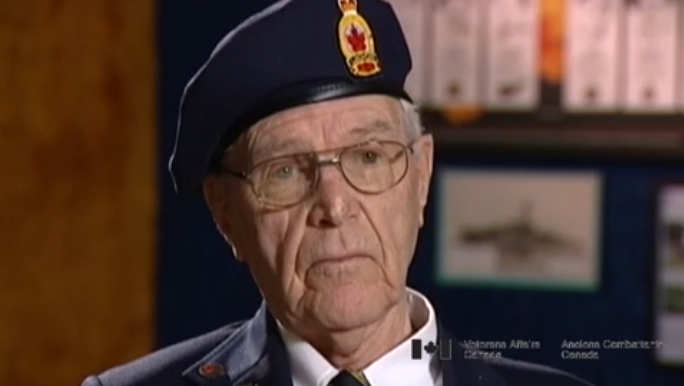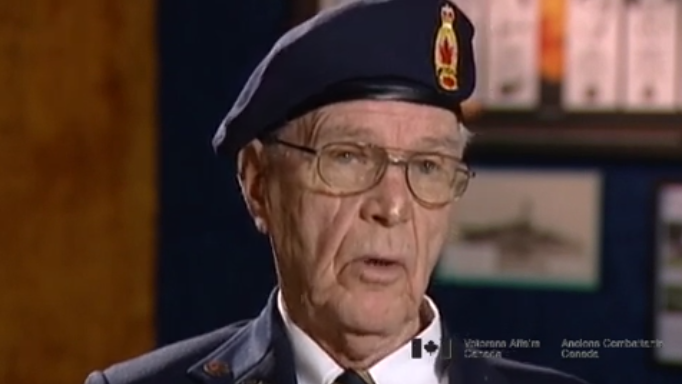We’d give them what we could
Heroes Remember
We’d give them what we could
Transcript
I would say some countries were poorer than the . . .
I believe the Dutch people suffered the worst. They
absolutely had nothing, and the kids, the young ones, were
just skin and bones, and . . . They had taken, the Germans
had taken everything, all the food, all the metal. Even the
bicycles they kept. They took all the bicycles to make some-,
you know, melt them down and make something out of them.
The Dutch were really bad, really badly treated. And we gave them
all we could. We scrounged everything, chocolate bars,
whatever, whatever we find, then gave . . . Kids there never
heard of a chocolate bar. We always did our best to give the
kiddies in particular some food. Oh, they'd come up there,
skinny little characters, just begging for food 'cause they
hadn't, didn't have anything, and we'd give what we could. We had
to eat to be able to have strength to fight, but we always
saved a bit for them, and what we could for adults. It made you
feel that in your lifetime you did something for people. But
lots of emotion. You know, you couldn't help but look at those
people and have a tear. It was terrible. I can’t imagine people
being treated that way. They always cried, and they had
flowers and, you know, talked to us. It was a big thing after
being kind of imprisoned all those years to be free again
you know and we freeded them so we were their freedom people
they appreciated that.
Description
Mr. Hall describes feeding the starving and feelings of gratification.
John Hall
Mr. Hall was born in Whitewood, Saskatchewan, in 1921. He worked on the family's farm until he enlisted in the Royal Regina Rifles. He was shipped overseas on a converted sugar freighter. Once in England, Mr. Hall experienced the Battle of Britain from the perspective of the local citizenry. He spent more land duty in a mail sorting depot until his Regiment joined the D-Day invasion at Juno Beach. He was a radio operator. Mr. Hall took part in numerous actions, most notably Caen, Calais and the Leopold Canal and the Liberation of Holland. After leaving the Army, Mr. Hall worked in the Canadian North with the Department of Natural Resources.
Meta Data
- Medium:
- Video
- Owner:
- Veterans Affairs Canada
- Duration:
- 1:52
- Person Interviewed:
- John Hall
- War, Conflict or Mission:
- Second World War
- Location/Theatre:
- Europe
- Battle/Campaign:
- Normandy
- Branch:
- Army
- Units/Ship:
- 436 Squadron
- Rank:
- Corporal
- Occupation:
- Signalman
Related Videos
- Date modified:



